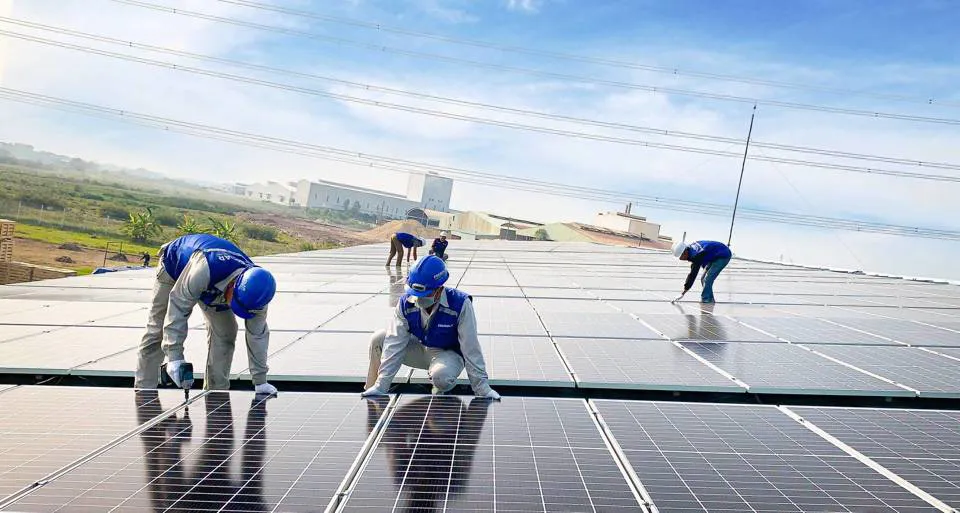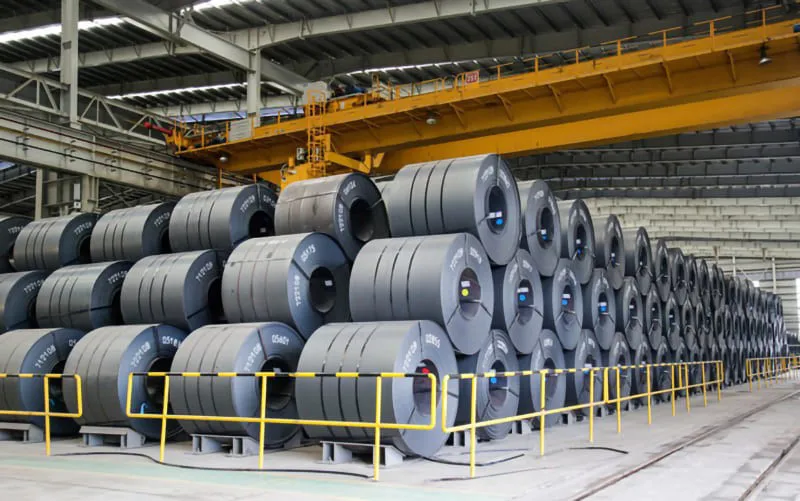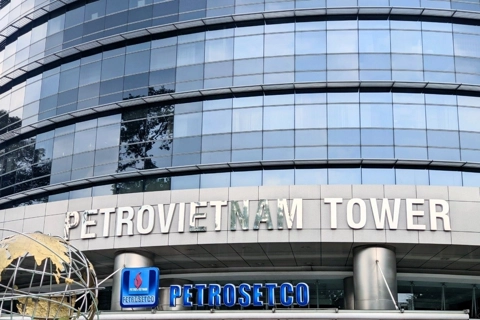Vietnam faces increased trade remedies amidst growing export success
Vietnam's growing exports and substantial trade surplus continue to make it a target for trade remedy measures, according to local experts.
Vietnam's exports grew significantly last year, resulting in many items facing increased trade remedies from some major markets, according to the Ministry of Industry and Trade (MoIT). The country has set a growth target of 12% for 2025, based on expected export revenues of US$404 billion. However, this goal is being challenged by unpredictable risks and rising trade barriers.
As Vietnamese exporters seek to expand their markets, they must navigate a complex landscape of trade remedies, according to the ministry.
Since trade defense measures often target issues such as origin fraud, dumping, and noncompliance with environmental and labor standards, improving product quality is critical, the Ministry of Industry and Trade (MoIT) has said. Meeting these stringent requirements helps companies overcome legal barriers and builds trust with consumers and partners in import markets.
Product and market localization strategies
| Vietnamese solar panel manufacturers, like the Son Ha Group, need to be wary of trade defense measures. Photo: Son Ha Group |
Vietnamese enterprises should focus on localizing and upgrading their products to increase competitiveness, recommended Vu Thanh Hai of the Energy Institute under the Ministry of Industry and Trade (MoIT).
"Innovating management models and product quality control is essential, especially for exports. Enterprises should also diversify their markets and export items to avoid dependence on certain markets," he suggested.
Do Ngoc Hung, Trade Counselor and Head of the Vietnam Trade Office in the US also stressed the importance of increasing localization rates and ensuring transparency in origin labeling. "Companies should source materials from regions not under investigation or increase the localization rate in their products. This will help reduce the risk of facing anti-dumping duties in the future," he said.
He cited the case of warm water shrimp as an example of a successful response to trade remedies. Despite facing a subsidy investigation, these Vietnamese products were ultimately levied a tariff of 2.84%, far lower than shrimp from countries such as Ecuador and India, contributing to the growth of seafood exports, particularly the shrimp sector, in 2024.
Hung emphasized the need for agencies such as the Trade Remedies Authority to improve early warning systems and train companies on international law and trade remedy procedures. Meanwhile, companies should take a proactive approach to trade defense cases, viewing them as opportunities to restructure, improve production processes, and enhance product quality. A thorough understanding of import markets, particularly the domestic industries of partner countries, is also essential.
In addition, local businesses should invest heavily in research and development and adopt international standards for environmental and labor practices to meet the increasingly stringent requirements of importing countries, he said.
Trinh Anh Tuan, Director of the MoIT’s Trade Remedies Authority, said that, according to the early warning list, several industries at high risk of trade defense investigations include plywood, wooden furniture, corrosion-resistant steel, hot-rolled steel, prestressed steel cables, welded steel pipes, extruded aluminum, copper pipes, float glass, and PET plastic. “Exporters in these sectors need to increase monitoring, understand importing countries' trade defense investigation rules, and coordinate closely with regulators to effectively manage these risks,” he added.
Pham Cong Toan, Deputy Director of the Department of Industry and Trade of Bac Giang Province, said: “Since 2021, we have faced numerous challenges related to trade defense cases. In particular, companies producing solar panels in the northern province of Bac Giang have experienced a noticeable decline in production, with some experiencing a drop of more than 50%. Many companies are unfamiliar with trade protection measures and export markets.”
Dinh Quoc Thai, General Secretary of the Vietnam Steel Association, noted that since there is always a global surplus of steel, which is a backbone industry with intense international competitiveness, foreign businesses resort to dumping in order to get rid of excess inventory, particularly when the exporting nation's market is struggling. As a result, steel is one of the most frequently investigated commodities for trade protection in Vietnam and around the world.
Surge in new investigations
| Steel is one of the products most frequently investigated for trade defense purposes globally and in Vietnam. Photo: Hoa Phat Group |
Nguyen Yen Ngoc, Head of the Foreign Trade Defense Handling Division (the MoIT’s Trade Remedies Authority), reported that the number of trade defense investigations jumped to 29 last year, doubling from 2023 and approaching a peak of 39 cases in 2020.
She added that while major export items such as steel, aluminum, seafood, and timber have traditionally been scrutinized, this year there has been an increase in investigations of lower-revenue export items, a growing concern for small and medium-sized enterprises in Vietnam.
By the end of 2024, Vietnamese exports faced 273 trade defense investigations in 25 major markets, including those that signed free trade agreements (FTAs) with Vietnam.
Notably, Mexico began investigating Vietnamese products in 2021 following the implementation of the Comprehensive and Progressive Agreement for Trans-Pacific Partnership (CPTPP), and South Africa launched its first trade defense investigation against Vietnam in 2024.
The US, Vietnam's largest export market, has been at the forefront of implementing trade defense measures against Vietnamese goods. Currently, the US has 70 trade cases under investigation. In 2024, it has launched 10 trade defense actions involving Vietnamese agricultural and industrial commodities.
Do Ngoc Hung, Trade Counselor and Head of the Vietnam Trade Office in the US, noted that the US has intensified its investigations into dumping and subsidies, and examined new factors such as cross-border subsidies and labor and environmental regulations. This poses significant challenges for Vietnamese exporters.
He added that the primary driver behind the increase in trade defense cases is the substantial trade deficit the US faces, which directly impacts both US companies and domestic industries.
Beyond the US, Vietnamese exports are gradually gaining market share in other countries, putting considerable pressure on local manufacturing industries due to competitive pricing. US tariff policies have changed supply chains, prompting many companies to adopt a "China +1" strategy, diversify investments, and shift production to countries in Southeast Asia, including Vietnam, Hung said.













